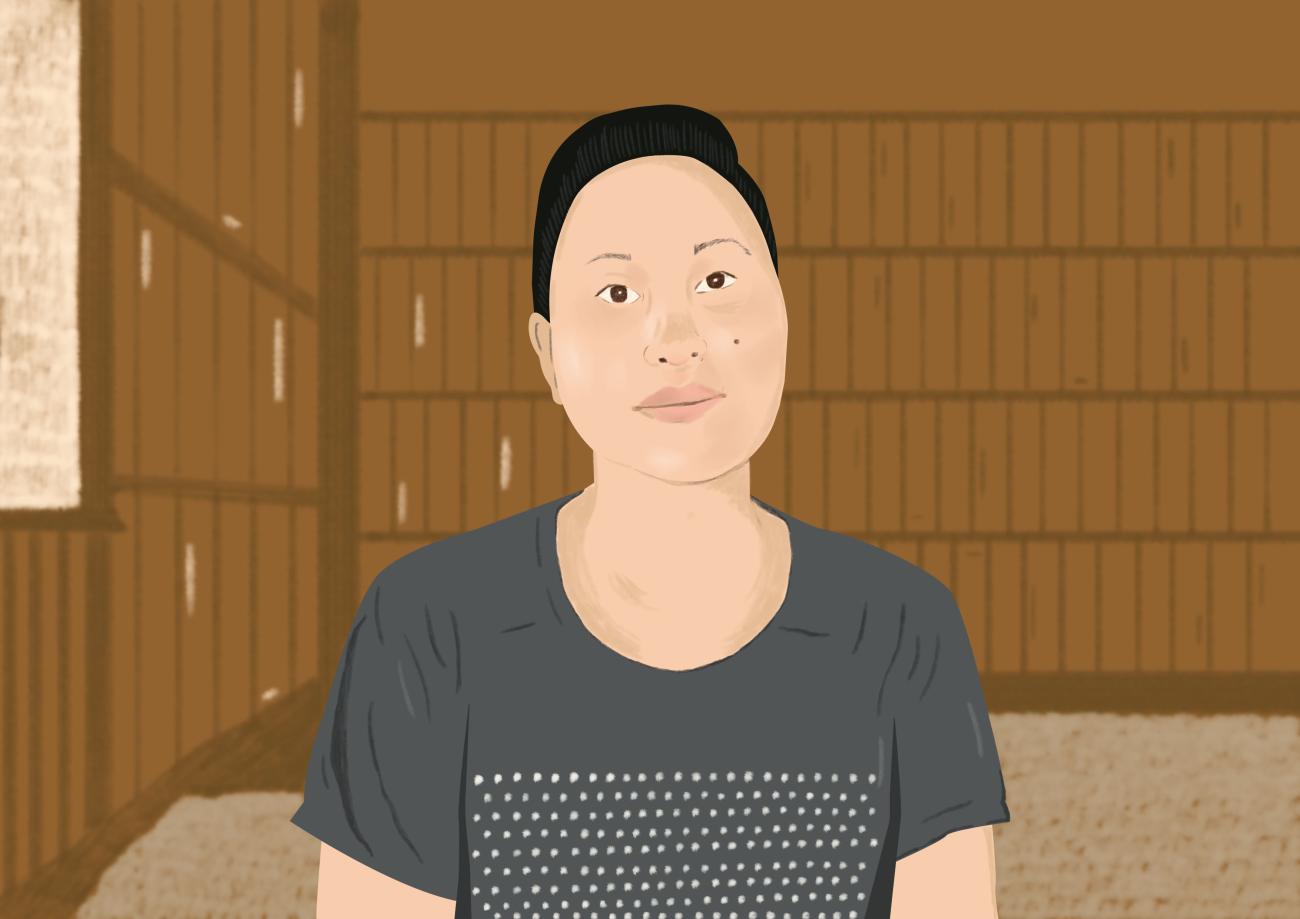Twenty-two years on from the adoption of United Nations Security Council resolution (UNSCR) 1325 on 31 October 2000, women activists and women-led organizations all over the world continue to drive efforts to make, build and sustain peace. They have successfully broadened the view that women must be meaningfully engaged in the decisions that impact their lives and that their participation in peacebuilding processes can contribute to more lasting peace. UNSCR 1325 represents an important commitment made by Member States to take active steps in addressing the ways in which women and girls are impacted by violent conflict and ensure they are represented in peace and security processes.
The escalating conflict in Myanmar has increased pre-existing inequalities and vulnerabilities of women and girls to conflict-related sexual violence, early and forced marriages, human trafficking, sexual exploitation and irregular labour migration. The compounded crisis dramatically increased levels of poverty and food insecurity across the country, with many reports highlighting the disproportionate impact on women. In the words of a Kachin woman: “I feel unsafe and I always have to be prepared to flee from shootings and bombings. Surviving is the priority, and I’m not able to make money.”
Despite facing significant challenges, women-led organizations are ensuring that the gendered aspects of violent conflict are recognized and women are meaningfully engaged in the humanitarian response.
As a result of their efforts and strategic adjustments to provide relief and recovery support, Myanmar was amongst a small number of countries that saw an increase in the participation of local women-led organizations in humanitarian planning between 2020 - 2021, according to the UN Secretary-General’s 2022 Report on Women, Peace and Security.
These organisations are also looking to the future, through initiatives focused on developing a cadre of women peace trainers, or identifying strategies to ensure women’s participation and representation in future political processes. “Some people are now demanding Myanmar be a Federal Union,” a female participant* at a Gender and Federalism training said. “We’re analysing the importance of women’s participation in politics, the role of civil society organisations, and identifying the opportunities and challenges of Federalism in advancing gender equality,” she added.
Unfortunately, global aid to peace and security continues to underprioritize gender equality, with women-led organizations’ contributions being undervalued and under-resourced. The Women, Peace and Security agenda in Myanmar is more relevant than ever, and there remains a clear need for dedicated resources to support women-led civil society efforts to respond to current situation. At the core of this agenda is the recognition of the immense sacrifices, the determination, persistence and the innovation of women and women-led organizations.
UN Women Myanmar works with various partners to ensure women and girls affected by crises lead, participate in and benefit from relief, response, peace and development efforts.
*Name of the female participant is not revealed for security reasons.



